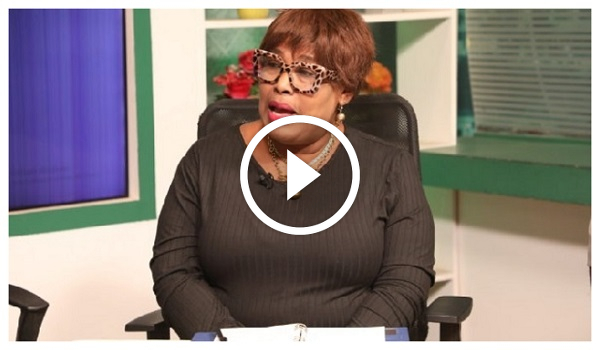A recent move by former President John Mahama requiring political appointees to personally fund their fuel expenses has sparked a wave of criticism, with political figure Nana Yaa Jantuah attributing the decision to the economic mismanagement of the current New Patriotic Party (NPP) government.
According to a report by UTV News, Jantuah believes the financial pressures that have led to this directive are a direct result of poor economic leadership under the NPP administration. Her assessment comes amid growing concerns about the state of Ghana’s economy, with rising living costs and inflation placing immense strain on citizens and public institutions alike.
She argued that if the economy had been handled more effectively by the ruling government, the country would not be witnessing such drastic cost-cutting measures. The policy asking appointees to fund their own fuel, she said, reflects deeper structural issues in the nation’s financial system.
Her critique echoes widespread public frustration, as many Ghanaians grapple with declining purchasing power and limited relief from government policies. The fuel directive has become a flashpoint in a broader debate about governance, transparency, and leadership priorities.
Analysts have also weighed in, describing the fuel policy not as a solution, but as a symptom of broader fiscal instability. They caution that while the measure may reduce state expenses, it does little to address the systemic issues driving economic hardship.
Across social media platforms, discussions have intensified as citizens share their views on both the fuel decision and the state of the economy. While some see the policy as a necessary adjustment in tough times, others believe it highlights the government’s failure to anticipate and manage economic challenges.
Nana Yaa Jantuah’s remarks have added fuel to this conversation, pushing leaders to confront the consequences of their decisions. Many are now calling for not only transparency but also urgent reforms to restore public confidence and ease the financial burden on the population.
As Ghana continues to navigate these difficult economic waters, the debate over accountability, leadership, and fiscal responsibility shows no signs of slowing down.
Source: NewsandVibes.com


